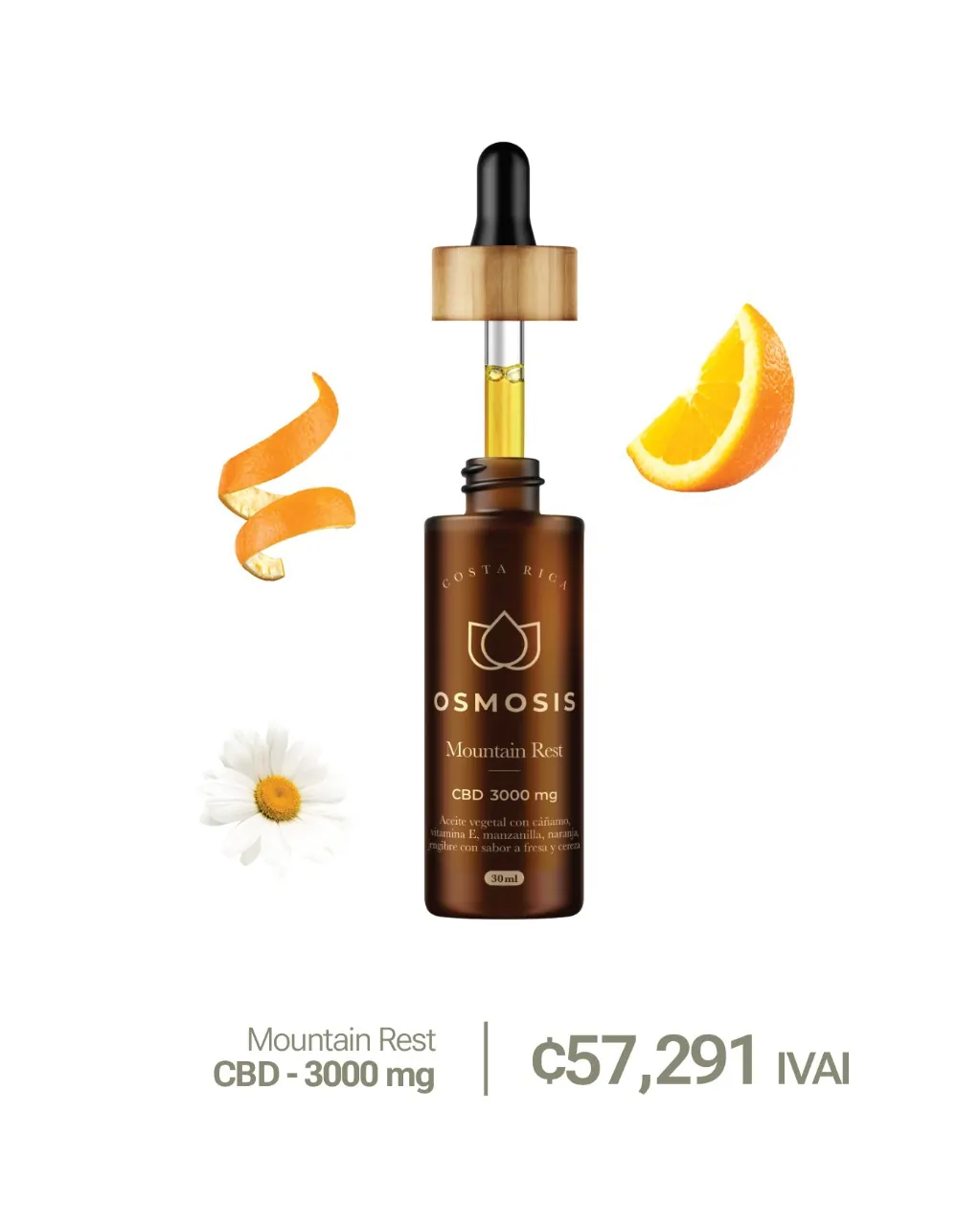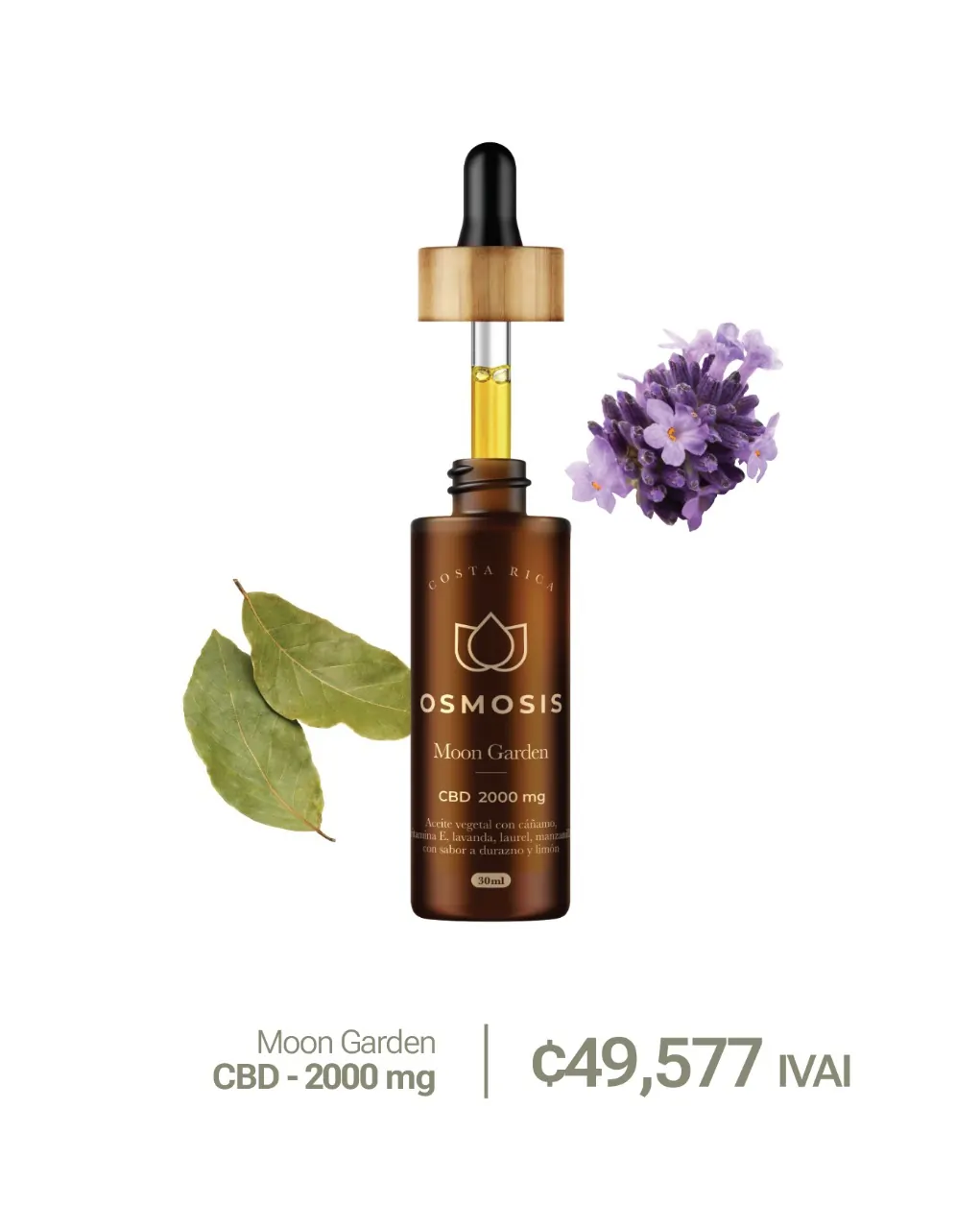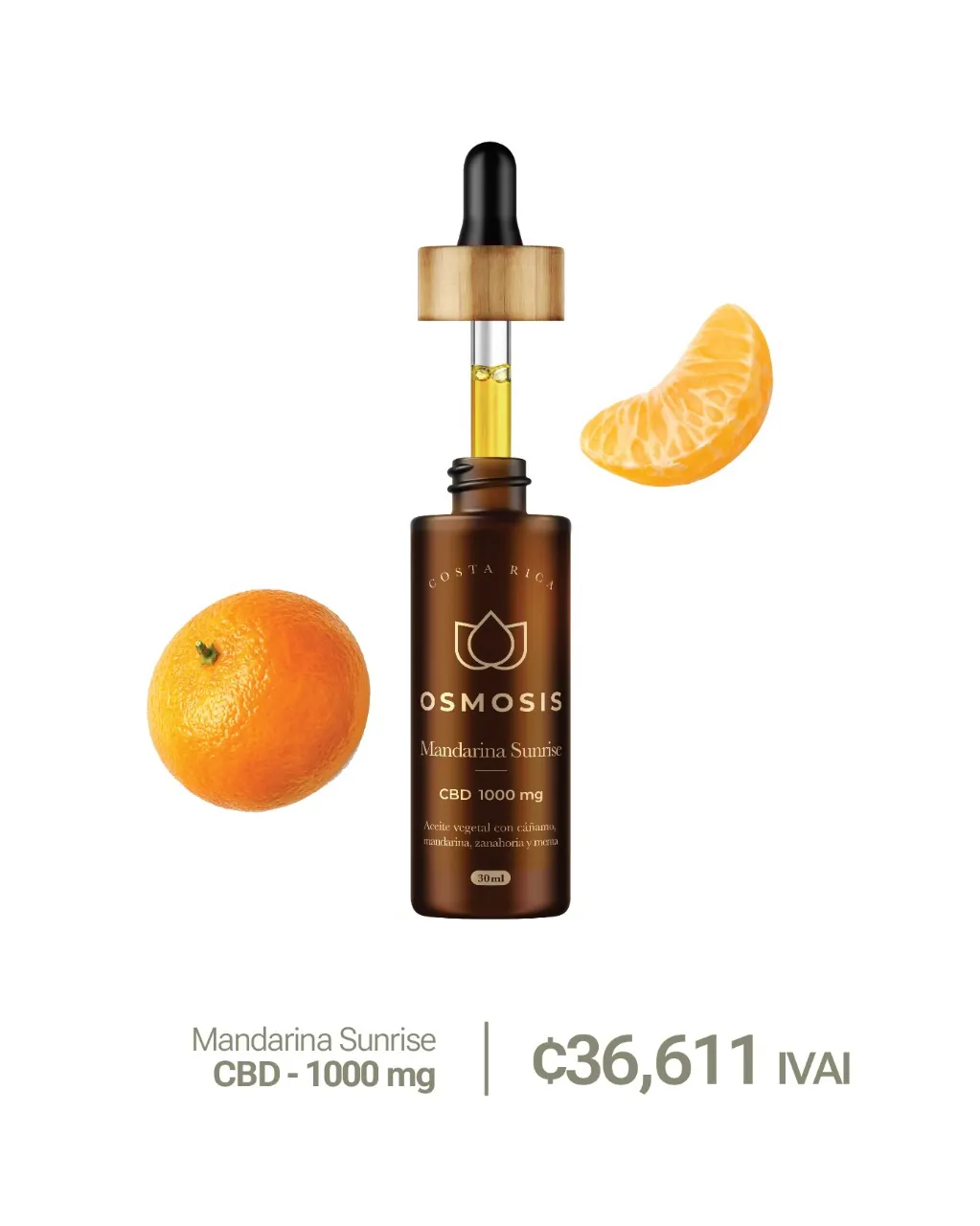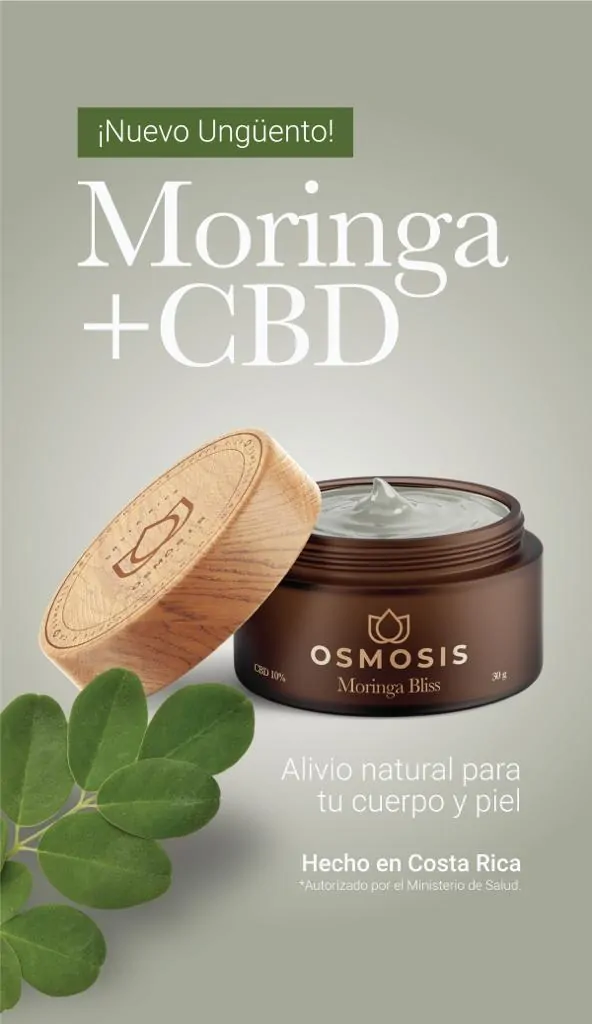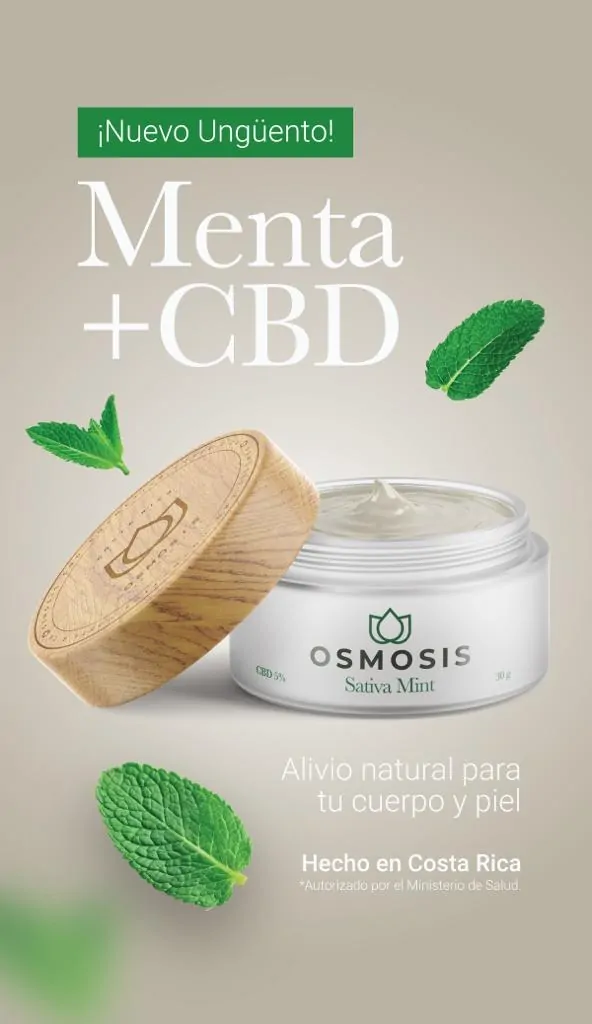Abundance vs Relevance
The background murmur of the news is a common sound in most households. For many of us, since our young age we’ve been accompanied by this multi-mediatic presence.
Through this has arisen the power of great diffusion, interconnecting the world by its socio-political mediatic topics (as well as pop culture, of course). The newspaper has played an important role in the diffusion of information (its arrival a revolution in itself) yet this medium is still subject to choice as opposed to multimedia mediums.
In other words, the newspaper and written forms have the power to vehicle messages when the lector presents itself to the medium. On the other hand, the radio and TV appeal to senses that influence and sync to the mind subconsciously.
As opposed to written news, you will hear the TV information while cooking, whether paying attention or not. Today, this has gone even further with the omnipresence of the internet, we are constantly bombarded with unsolicited information. You might have not read about the conflict, but you’ve seen a meme, or a FB status – you have some kind of awareness of global trends.
Let us think this in regards to the arrival of Coronavirus. Murmurs began at the end of 2019, beginning of 2020. Essentially the virus’ threat remained the same but its outburst was equally replicated through its mediatic diffusion.

To this, you’ve probably seen the meme on the success of Coronavirus’ PR implying its quick popularity (link below). Without making speculations whatsoever on the gravity of the virus itself, we cannot deny it rapid mediatic outreach.
The problem is since we are so accustomed to being bombarded with mediatic information, often heavily exaggerated, we now carry this skeptical filter at every exposure.
At what point does the abundance of information detriment the pertinence of information? And within this question – how has the abundance of proved hoax and bias information bruised our trust? We seem to be numbed by the quantity of information and by this become suspicious of the quality of information.
Reality drawn through the news is the end of the world, a population living in violence and fear, constant problems on an individual and societal level. This isn’t to deny this reality of life, but the issue is the relationship between ratio and relevance. The distinguishing factor of this information is what allows it to be diffused as opposed to other content.
The world is perhaps crazy in your experience as well, but this is dissimulated amongst the wholeness of your experiences. The relationship we have to information has that we are having a personal experience of life, as well as constantly having external statements contributing.
There is the personal issue of having a disconnect between one’s experience with reality and the information being said on this reality. I am hearing about a crisis externally, but I am not seeing it personally.
During COV-19 pandemic, this is directly related to the social responsibility one commits to confining while clean of Coronavirus – I am not sick, no one around me is, yet there is potential risk I am willing to associate to.
The news choosing one (generally negative) narrative numbs us to crisis, and this becomes dangerous when information is important (shout out to The Boy Who Cried Wolf). But of course, how could the news place itself otherwise? Would we consider it if it was sharing regular or ‘positive’ information? On another hand, how am I to read through the abundance of information? Where am I to stand with my mediatic trust issues?
Paternalism vs Informing
Ultimately it seems the question can be reduced to the idea of paternalism vs informing. Is the media there to position itself as an authority, conditioning our response by the form and voice of the content shared, or is it just to neutrally inform and trust the consumers to respond accordingly. If so, can we trust the consumers’ to react socio-responsibly?
It seems in the direction our world is growing, population-wise and politically this question will be more and more relevant.
If we pretend to emancipate ourselves as individuals, being 7 billion and growing, we must personally discipline ourselves to collaborative efforts or else we can probably expect mayhem. Otherwise, governments and media will have to become more restrictive and authoritarian to maintain order amongst big populations.
As for today, the abundance of information remains, much saved by the power of humor diffused by memes but we remain in a strange abyss between truth, social responsibility and personal moral alignment. Where, how and why do I stand?

